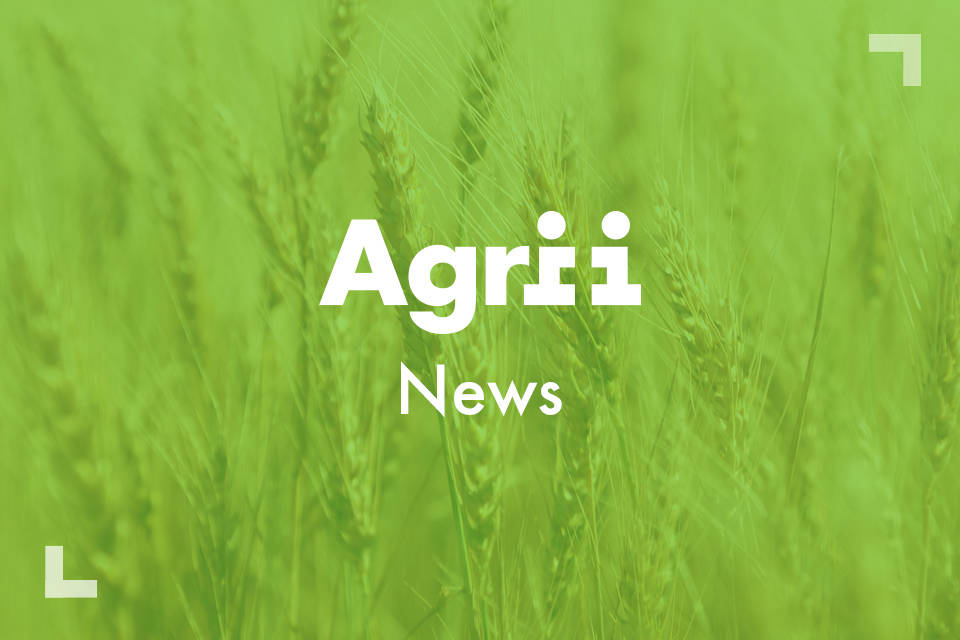Dive into the Agrii library
With so much research and innovation at Agrii every day, we’re always creating new content, tools, and documents to put what we know at farmers’ fingertips.
Here you’ll find a treasure-trove of resources to help your farm business decisions.
Agrii-Seed
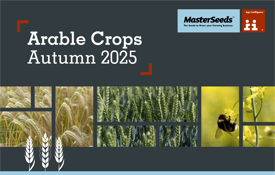
Autumn Seed Yearbook 2025
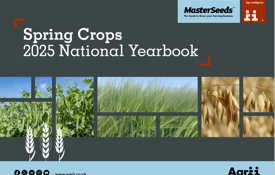
Spring Seed Yearbook 2025
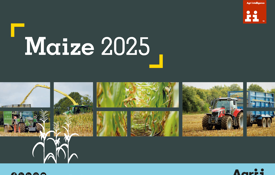
Maize Brochure

Cover Crops & Environmental Guide 2025

Grass and Roots
For England, Wales & NI

Grass and Roots Scotland
For Scotland
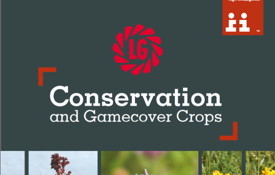
Conservation & Gamecover Crops Guide 2025
Products and Services
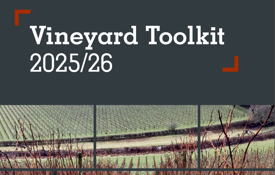
Vineyard Toolkit
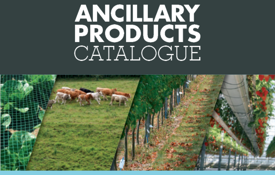
Ancillary Product Guide
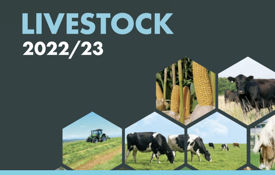
Livestock Brochure

Agrii Tanks & Drainage Supplies Catalogue
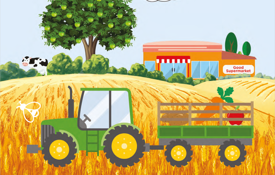
Children's Activity Booklet
Agrii Green Horizons Insight Reports

Improving Soil Resilience
Insight Report One

Enhancing the Environment
Insight Report Two

Integrated Whole Farm Solutions
Insight Report Three

Increasing Farm Productivity
Insight Report Four

Extending Stakeholder Engagement
Insight Report Five

Sustainability Manifesto
Setting out our vision
Featured News
News - 17/06/25
Half of OSR area underwritten by establishment schemes
News - 27/05/25
Honouring Marek Nowakowski: A Day at Buckingham Palace
News - 01/05/25
Reducing the environmental impact of maize
News - 17/03/25
Agrii Partners with RapidAIM to Revolutionise Codling Moth Management in UK Apple Orchards
News - 07/03/25
Shining a Spotlight on Women in Agriculture
From the farms
Get Inspired
Delve into inspiring farmer stories, case studies, and cutting edge research

Blackgrass Battles in Bicester | Tramlines Podcast
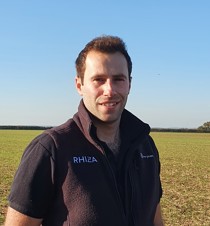
How smaller farms can benefit from variable rate applications

Looking for a career in Agronomy?
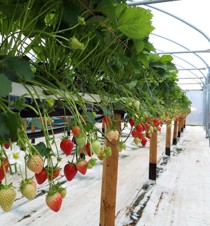
Botector trials highlight improved botrytis control
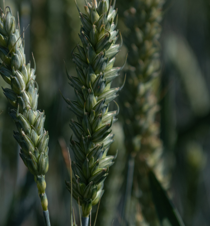
Regenerative trials show key advantages for most robust wheats
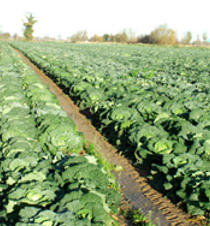
Endophytes deliver yield gains in cabbage trial
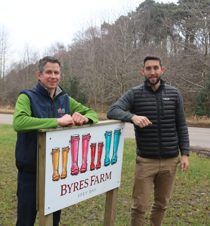
Showcasing sustainability success on Speyside
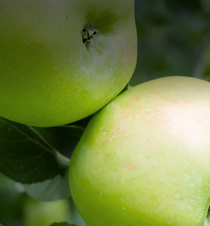
Celebrating the vintage, embracing the future
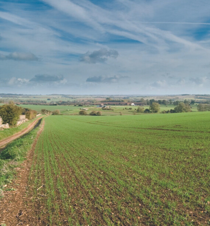
How can we become carbon neutral?
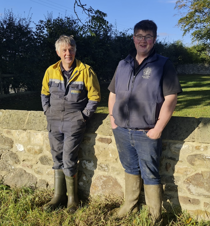
Innovation Award Winner: Luke Medd
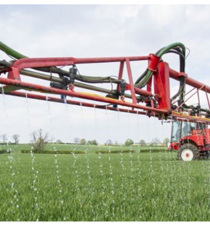
Taking the Liquid Approach

Agrii Joins Green Tractor Scheme
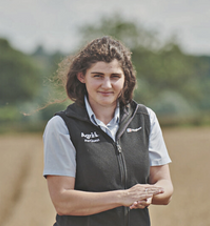
A day in the life of an Agronomist




